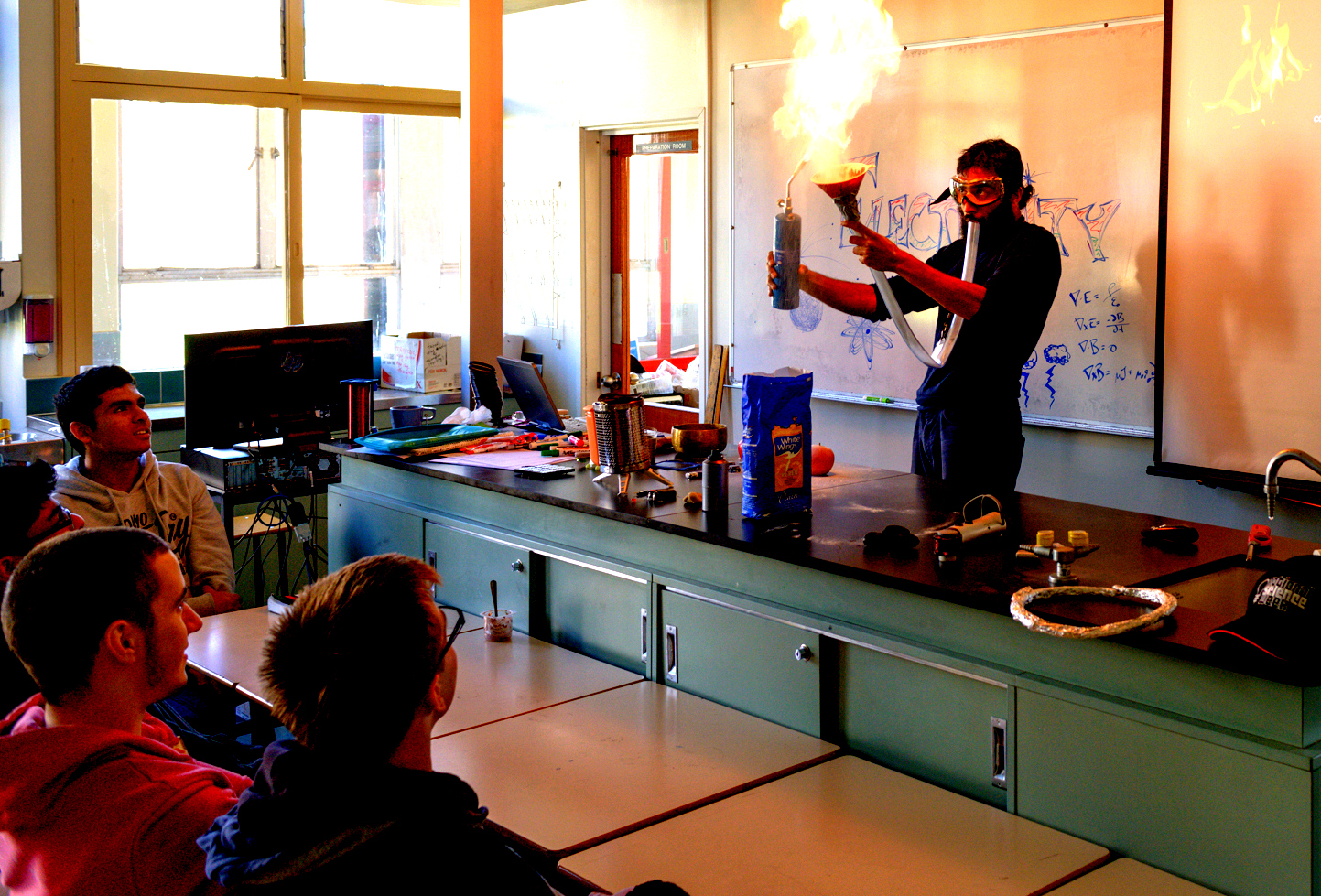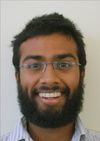
Nij Lal named one of top five scientists under 40 in Australia.
A Gates Cambridge alumnus with a passion for public engagement has been named as one of the top five scientists under 40 by Australia's national broadcaster.
Niraj [Nij] Lal [2008] has been listed in the top five by ABC Radio National as part of the broadcaster's mission to "discover Australia's next generation of science communicators and give them a voice".
He will spend 10 days at ABC RN Headquarters as a 'Scientist in Residence'.
Nij has been involved in public engagement of science for many years. While at the University of Cambridge, where he did a PhD in Physics, he graduated from the University’s Rising Stars public engagement programme for early career scientists, worked with the Naked Scientists programme and did outreach work with children and adults in the UK. Since then he has been involved in a range of public engagement initiatives.
In 2013 he won the ACT Young Tall Poppy of the Year Award from the Australian Institute of Policy and Science for his science communications work. In 2014 he was a national finalist in the inaugural Australian FameLab which helps to develop the next generation of science communicators across the world. As a result he and his friend Hamish Clarke got the opportunity to create a radio show called the Hungry Science Beast for national radio where they explained the simple science of everyday stuff.
In 2015, Nij was awarded a contract to write primary school science shows for Newcastle Museum Express and received the nomination of the Australian Academy of Sciences’ to attend the Lindau Nobel Laureate Meeting. This year he will be a state ambassador for National Science Week in August and he is currently a physics consultant to Screentime Australia for a physics show on ABC television.
Nij has also branched out into writing, recently finishing his second children’s book – about an emu that learns how to fly by going into gravitational orbit, described as "Isaac Newton's story of the apple falling on his head rewritten – great for all ages!" by Sir Richard Friend, Cavendish Professor of Physics at the University of Cambridge.

Niraj Lal
- Alumni
- Australia
- 2008 PhD Physics
- Clare Hall
I commenced a PhD in Physics at the Nanophotonics Centre at Cambridge with Professor Jeremy Baumberg in January 2009, and I'm loving it. My topic is "Nanovoid Plasmon-Enhanced Photovoltaics" - using some new physics to make solar cells more efficient. I think one of the biggest challenges of our generation is to understand our planet's resources and develop ways to live with them sustainably. I'm enjoying researching a means of electricity generation that can be safe, clean and decentralised.












